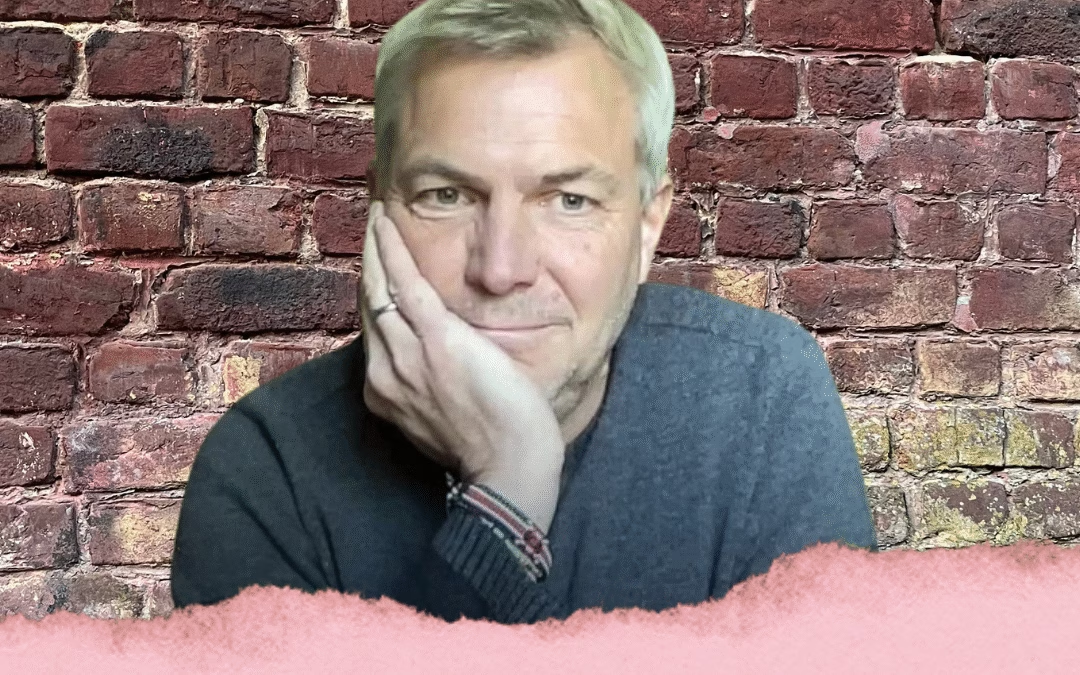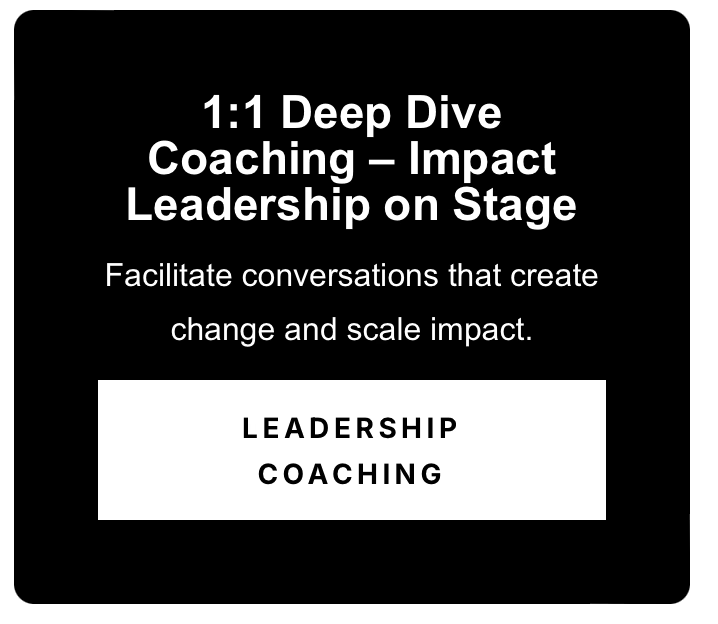Lies die deutsche Version hier.
From Historian to Social Entrepreneur: A Red Thread in Stages
Yes, that’s a good question, and honestly, it’s a bit of a mixed bag when you look at it. I think I’ve perhaps post-rationalised it a little in retrospect and found a red thread after all. I’ve actually always looked for ways to use the tools of business for something other than economic goals – that is, not to make rich people richer – but to use the tools of business for social change. And that has led me into these different areas.
Originally, I studied history and found it fascinating, but by definition, most of the people you deal with as a historian are already dead. And that felt a bit too detached from real life for me. So I looked for something that affected people today. I went into business and spent quite a long time learning and gathering tools. But eventually, that wasn’t enough for me either. So I switched sides and went into development work. But there, too, I felt: the goals are right, but I lacked the tools. And now, in retrospect, I’m trying, finally in this last stage, to do something of my own that connects those two things.
Yes, I think that’s the red thread: always the attempt to think of business not just for the privileged and wealthy, but for those who need a bit more help and support.
“Impatient Optimists” – Attitude Rather Than Strategy
You refer to yourselves as “impatient optimists”. What do you mean by that?
My wife always says there’s no one who moves from insight to implementation faster than me. And yes, I do have a somewhat irritating impatience in life. At the same time, I think: if you deal with these big problems of our time – poverty, injustice, climate change – patience doesn’t get you very far. These are problems we simply need to solve pretty quickly. We don’t have much time left.
The other part, the optimism, probably also has to do with me as a person, because I almost always see the opportunities rather than the problems. I once spoke with Achim Steiner, head of the UNDP, the UN Development Programme. He said: those who are privileged have a duty to be optimistic. If you have no choice, if you don’t know how to feed your family or get your children to school, then despair is understandable. But if you have the chance to change something, then you almost have a moral obligation to be optimistic. That really resonated with me and hasn’t left me since.
And that’s why we call ourselves impatient optimists. We know that change is necessary, and we have the hope that it’s possible. Not optimism as naïve belief, but optimism as obligation – a commitment to ensuring that things get better.
Optimism in Times of Crisis – A Matter of Perspective
Yes, the world certainly doesn’t make it easy. On the other hand, as a historian, I’ve learned to think in longer timeframes. And if you look at longer timeframes, you realise that in almost all areas of human life, the world is getting better.
If I look at how much extreme poverty existed just 200 years ago – nine out of ten people globally lived in extreme poverty, now it’s one in ten. If I look at how child mortality has fallen: fifty years ago, 20% of children under five in developing countries died, now it’s just 5%. These are quite unprecedented success stories.
But yes, there’s one huge exception, and that’s the climate and the environment. Things really have only gotten worse there. But in social terms, much has improved, and we rarely see that for two reasons:
One is that in recent years, things have indeed stagnated or even – like in the case of hunger – worsened again.
The other is a kind of journalistic reflex. We generally talk about what’s not working. The headline is never: “Today, no plane crashed”, but always: “A plane crashed today”. That distorts our perception.
And that’s now a very long answer to what was actually a very short question. Sometimes what helps me maintain optimism is to place myself in longer historical contexts and to realise: we’ve actually come a long way as a global community. And of course, there’s still so much to be done – and that’s why we can’t stop.
Sometimes I think we’re not at the start of a marathon but closer to the end. And that, in turn, gives me hope.
But yes, then I read about what’s happening in the US, and that dampens my spirits again. But you can pull yourself out of those lows – with the right mindset.
Urgency and Long-Term Thinking: A Contradiction?
You just spoke about long timeframes as a historian, and earlier we talked about impatience. I often feel it’s a tricky balance between “We need to act fast because everything’s on fire right now, we have to solve problems quickly” and at the same time the need to slow down again in many areas – to give things time, to give our brains time to process in this fast-paced world. Do you see long-term thinking and urgency as a contradiction?
Yes, of course, it’s a contradiction. But one that I believe can be resolved if you don’t assume that we have to solve all the world’s problems overnight.
I think my impatience isn’t about saying, “Can we just change everything by tomorrow and fix it all?”, but it’s more an impatience to start doing.
Sometimes you just have to pick a small area, get going, take the first steps, and learn along the way.
And I think then you can be impatient in the doing, and at the same time – though this isn’t my greatest strength – be more patient in observation and reflection. And perhaps that’s the way to deal with this dilemma, that too much impatience ultimately leads to rash action – and too much patience, in the worst case, to no action at all.
This tension needs to be overcome somehow.
So: impatience to at least start the marathon – and enough time to finish it and pace yourself wisely.
Read the second part of ourconversation on Impact, the Common Good and Development Cooperation here.




